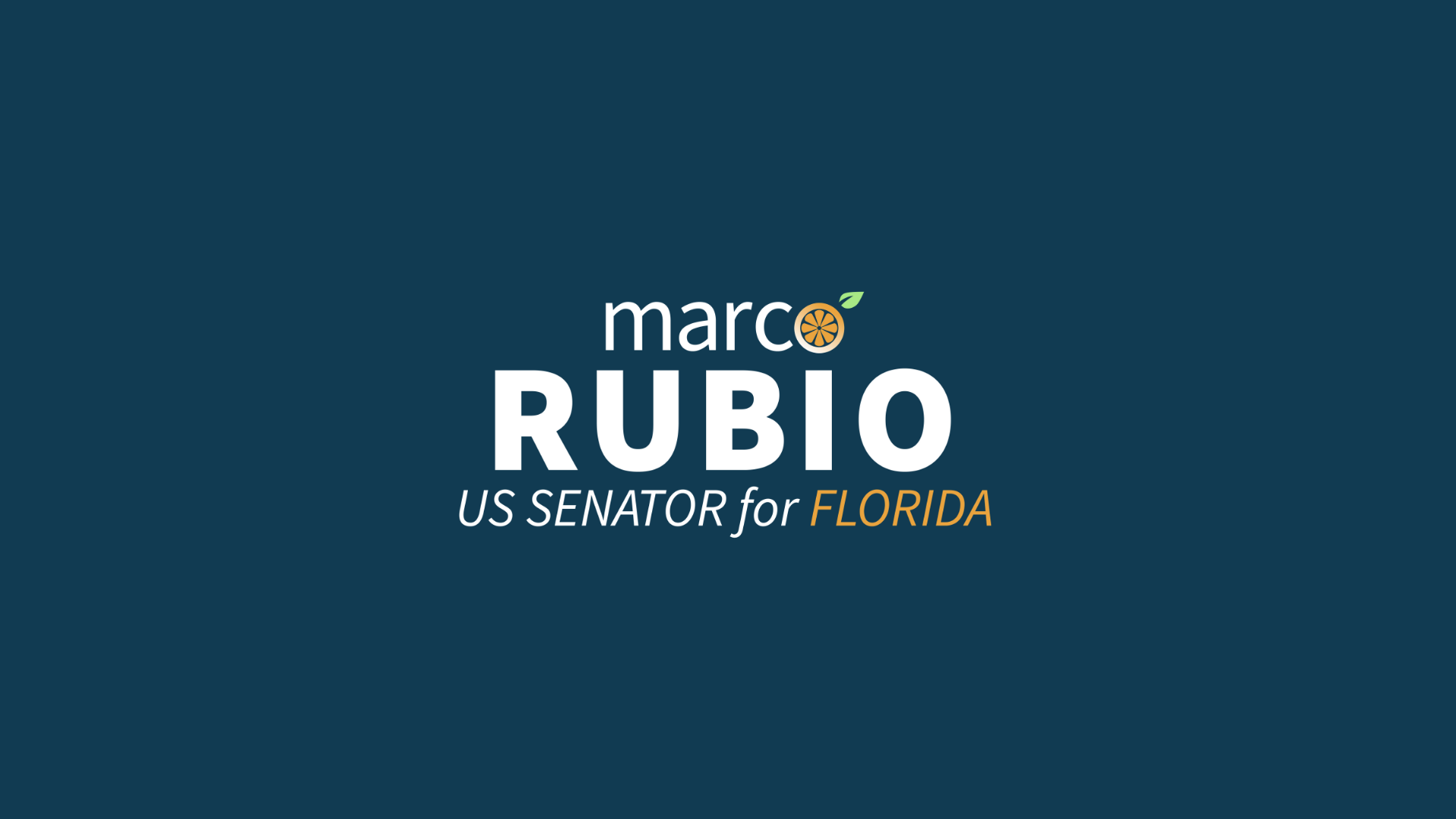Source: United States Senator for Florida Marco Rubio
Washington, D.C. — U.S. Senators Marco Rubio (R-FL) and Michael Bennet (D-CO) reintroduced the Higher Education Innovation Act. The bill would ensure students who attend high-quality trade schools, community colleges, and other postsecondary programs have access to federal financial aid.
“America needs a 21st century education system that embraces options beyond the traditional four-year college degree track,” Rubio said. “Our current accreditation system stifles innovation and leaves too many people with piles of student loan debt. This bill would help make higher education more affordable for students who choose high quality, nontraditional higher education pathways such as trade schools and community colleges.”
“As the needs of America’s economy and students continue to change, the higher education system must evolve too,” said Bennet. “Our bipartisan legislation will ensure that students have the opportunity to attend institutions like trade schools and community colleges that have a proven track record of success. This is an important step to grow our skilled workforce and lower costs for students who want to advance their education.”
Specifically, the Higher Education Innovation Act would:
- Support postsecondary institutions that promote and support student success outcomes and cost-effectiveness in postsecondary education by providing them the opportunity to participate in federal financial aid and other programs given to traditionally accredited institutions.
- Establish innovation authorizers to approve high-quality, evidence-based higher education providers as part of a five-year pilot program to reward innovative programs with successful student outcomes.
- Allow students, especially nontraditional students, to use federal financial aid to attend innovative authorized-institutions that embrace the new ways people learn and acquire skills that lead to good paying jobs without enormous student loan debt.
- Promote educational programs that lead to a degree, certificate, or industry-recognized credential that meets the requirements for licensing in the relevant field.
- Require higher education providers to meet high student performance outcomes related to student learning and completion of education programs that benefit students and address college affordability.
